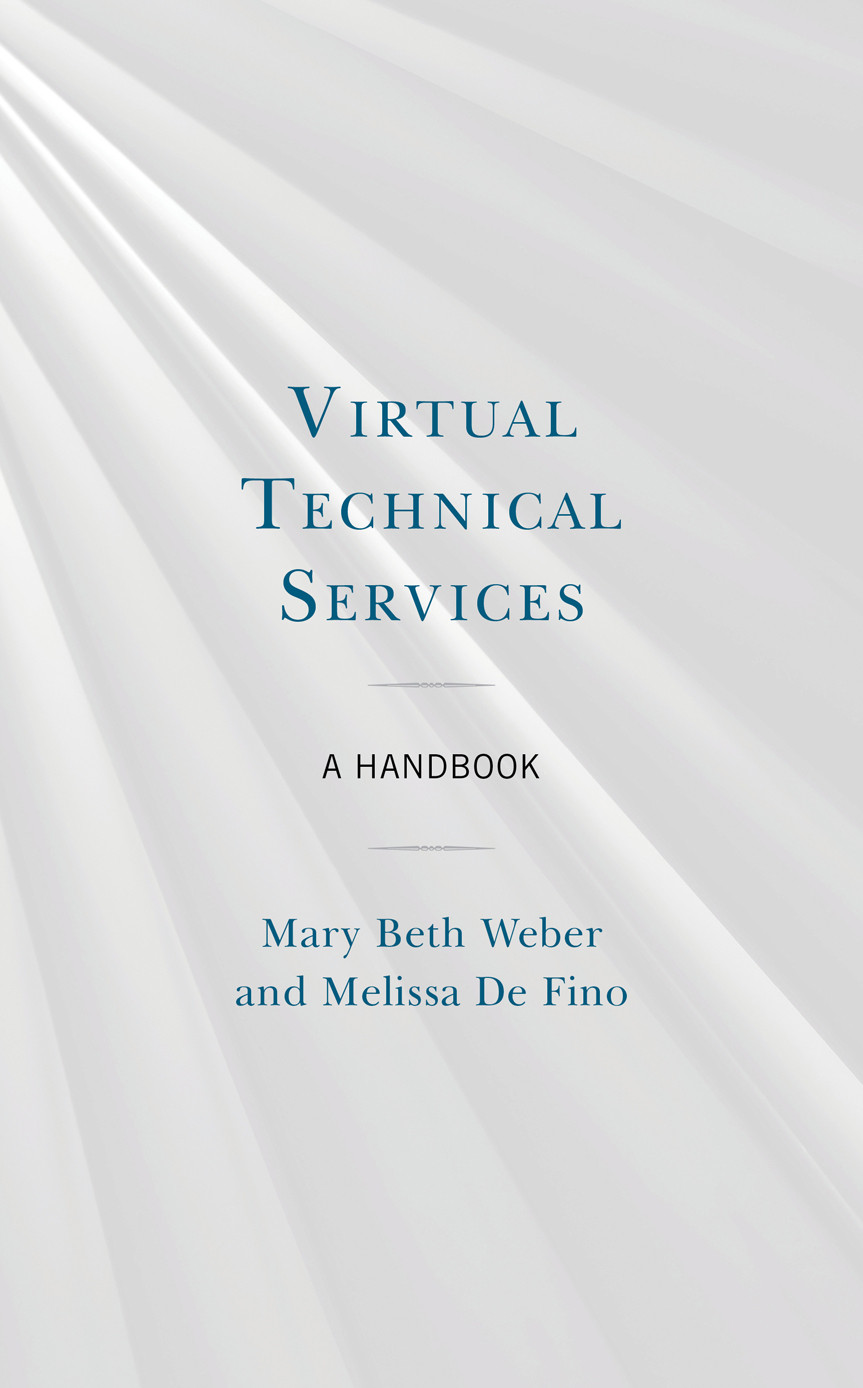

Most ebook files are in PDF format, so you can easily read them using various software such as Foxit Reader or directly on the Google Chrome browser.
Some ebook files are released by publishers in other formats such as .awz, .mobi, .epub, .fb2, etc. You may need to install specific software to read these formats on mobile/PC, such as Calibre.
Please read the tutorial at this link: https://ebookbell.com/faq
We offer FREE conversion to the popular formats you request; however, this may take some time. Therefore, right after payment, please email us, and we will try to provide the service as quickly as possible.
For some exceptional file formats or broken links (if any), please refrain from opening any disputes. Instead, email us first, and we will try to assist within a maximum of 6 hours.
EbookBell Team

5.0
30 reviewsVirtual Technical Services: A Handbook is the first to address emergency and crisis planning specifically for technical services. The authors address how to create an emergency plan and how to prepare for an uncertain future that will undoubtedly include other threats to our health and safety. We discuss how the pivot to remote work can revolutionize technical services librarianship and allow us to better serve the needs of a 21st Century library.
As the WFH period extended longer than anticipated, libraries and other organizations realized both the challenges and benefits of working remotely. WFH is about more than just doing one’s job, and we focus on employees as individuals with needs that include work/life balance, self-care, and the flexibility to meet life circumstances including childcare, eldercare, and appointments. A unique feature of our book is the focus on employee well-being, including burnout and self-care. Prior to COVID-19, employee well-being was typically not emphasized as part of personnel management. The risks to our health and safety and being removed from the physical workplace provided the opportunity to re-examine priorities and reframe them to forge a stronger and more collaborative relationship between employers and employees. Technical services personnel, in particular, are subject to burnout as their operations are frequently understaffed and they face competing demands of serving both libraries’ physical needs and supporting electronic and digital resources.
Management in a remote work environment has challenges that are not present in an on-site operation.